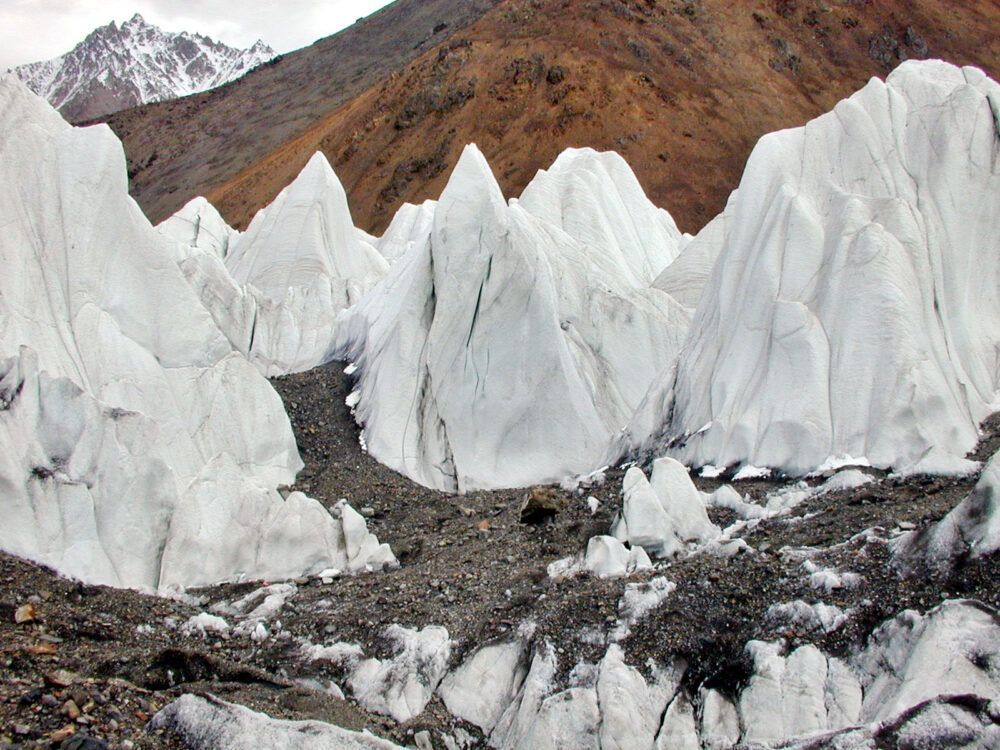U.N. Secretary-General António Guterres prodded nations to act faster and more decisively to combat climate change by altering their "path of suicidal emissions" from fossil fuel burning that is overheating and killing life on Earth.
After a difficult week of United Nations-led climate talks in Thailand, nations left unresolved how to help poor nations tackle global warming. Guterres said he must "sound the alarm on the global emergency that is climate change" to ensure the planet's survival for future generations.







